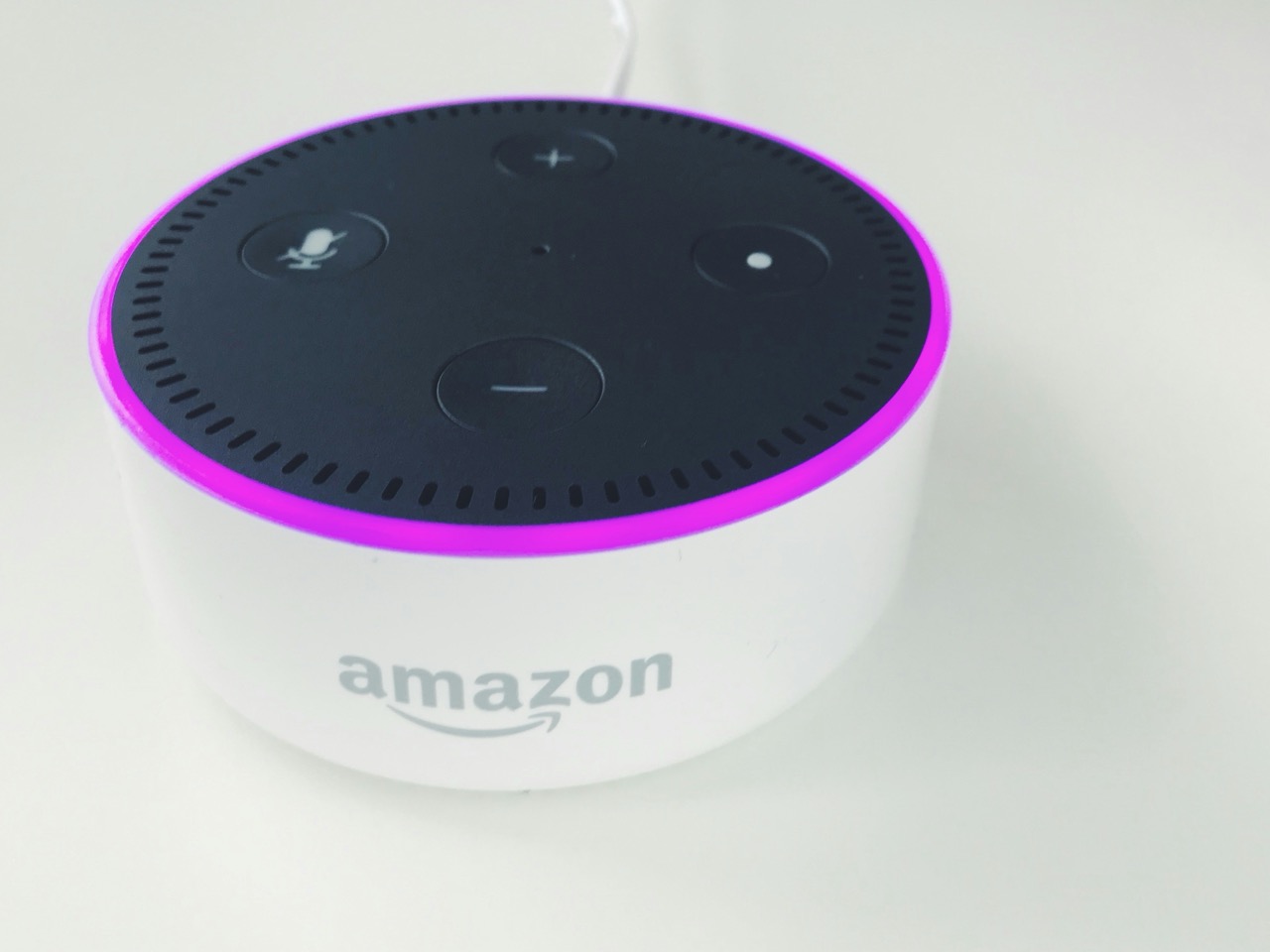In an age where technology increasingly intertwines with our daily lives, the concept of anticipatory computing has emerged as a groundbreaking innovation. This technology analyzes our habits and preferences to predict our needs before we even voice them. From smart thermostats adjusting the temperature based on our routines to virtual assistants preparing our schedules, anticipatory computing enhances our everyday experiences, making them more seamless and efficient. This article delves into the science behind anticipatory computing, exploring its benefits, learning mechanisms, real-world applications, and strategies to optimize your home environment.
Understanding Anticipatory Computing and Its Benefits
Anticipatory computing refers to systems designed to predict user needs and preferences based on historical data and contextual information. By leveraging algorithms and machine learning, these systems can analyze behaviors and make intelligent suggestions. This technology aims to minimize the cognitive load on users, allowing them to focus on more important tasks. As a result, anticipatory computing not only enhances convenience but also improves productivity.
The benefits of this technology are manifold. For instance, smart home devices can adjust lighting and temperature automatically, creating an environment tailored to your preferences. Moreover, anticipatory computing can help streamline daily routines, such as automatically scheduling reminders or suggesting optimal travel routes based on real-time traffic data. This proactive approach to technology fosters a sense of ease, allowing individuals to enjoy a more organized and efficient lifestyle.
Furthermore, anticipatory computing has the potential to enhance user engagement and satisfaction. By creating personalized experiences, these systems can develop a deeper understanding of individual preferences. As a result, users are more likely to adopt these technologies, leading to improved customer loyalty and satisfaction. Overall, anticipatory computing represents a significant advancement in how we interact with technology in our daily routines.
How Smart Devices Learn from Your Daily Habits
Smart devices utilize various methods to learn from user interactions. Through continuous data collection, these devices observe patterns in behavior, such as when you typically wake up, leave for work, or enjoy a cup of coffee. By analyzing this data over time, they become adept at predicting your needs. Machine learning algorithms play a crucial role in this process, allowing devices to improve their predictions based on new information continuously.
Another essential method is user feedback. Many smart devices encourage users to provide input, which can be as simple as rating a recommendation or making adjustments to settings. This feedback loop helps the devices refine their algorithms and adapt to changing preferences or schedules. For example, if a smart thermostat notices that you prefer a warmer environment in the evenings, it will adjust its settings accordingly to ensure your comfort.
Additionally, smart devices can integrate with other technologies, creating a more comprehensive understanding of your habits. For instance, a smart home system can connect with wearables that monitor your health metrics, allowing it to suggest optimal exercise times or hydration reminders based on your activity levels. This interconnectedness enhances the learning capabilities of smart devices, providing a more holistic view of your daily routines.
Real-World Applications of Anticipatory Computing Today
Anticipatory computing is already making significant strides across various industries, particularly in the realm of smart home technology. Smart speakers and virtual assistants, like Amazon Alexa and Google Assistant, exemplify how anticipatory computing can streamline daily tasks. These devices use voice recognition and contextual understanding to provide timely information, such as reminders, weather updates, or even cooking instructions based on your past habits.
In the healthcare sector, anticipatory computing is revolutionizing patient care. Wearable devices can monitor vital signs and alert users and healthcare providers about potential health issues before they escalate. For example, a smartwatch may track your heart rate and notify you if it detects abnormal patterns, allowing for early intervention. This proactive approach not only enhances patient safety but also improves overall health outcomes.
Moreover, anticipatory computing is playing a vital role in energy management. Smart thermostats, like the Nest Learning Thermostat, adjust heating and cooling based on user habits, significantly reducing energy costs. By learning your schedule and temperature preferences, these devices can optimize energy consumption without compromising comfort. Such applications highlight how anticipatory computing can create efficiencies not only in individual homes but also on a larger scale, contributing to sustainability efforts.
Optimizing Your Home with Anticipatory Technology Strategies
To make the most of anticipatory computing in your home, start by integrating devices that communicate seamlessly with one another. Smart hubs, such as Samsung SmartThings or Apple HomeKit, can unify different devices and facilitate better data sharing. By enabling your devices to collaborate, you can create a smarter environment that responds proactively to your needs.
Next, consider customizing your device settings based on your routines. Many smart devices allow you to establish specific schedules or preferences, further enhancing their ability to anticipate your needs. For instance, programming your smart lights to adjust brightness based on the time of day can create a comfortable atmosphere while conserving energy. This level of personalization maximizes the technology’s potential, making daily routines more enjoyable.
Lastly, regularly review and update your smart devices to ensure they are learning effectively. Firmware updates often include improvements in algorithms that enhance anticipatory capabilities. Additionally, providing feedback to your devices, whether through apps or voice commands, helps them better understand your evolving preferences. By staying engaged with your technology, you can further optimize your home environment and enjoy the full benefits of anticipatory computing.
Anticipatory computing marks a significant leap forward in how we interact with technology, offering personalized and efficient solutions to everyday challenges. By understanding its principles, learning mechanisms, and real-world applications, we can better appreciate the transformative power of smart devices in our lives. Optimizing your home with these technologies not only enhances comfort and convenience but also prepares you for a future where technology seamlessly integrates into our daily routines, making life easier and more enjoyable. Embracing anticipatory computing could very well be the key to unlocking a smarter, more efficient home.










